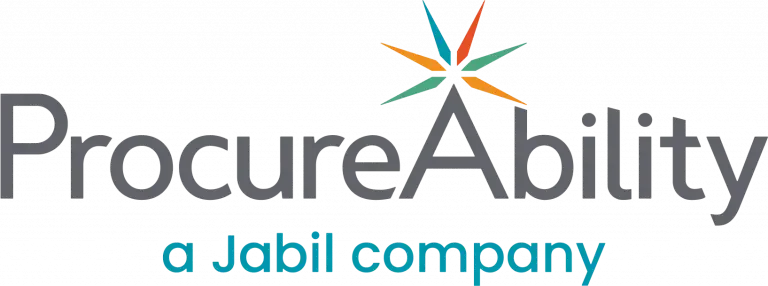Thanks to advances in artificial intelligence (AI), machine learning (ML), and data analytics, procurement is shifting from a reactive to a proactive function. Businesses can now accurately predict when and where critical supplies will be needed, anticipate potential shortages, strengthen supplier contracts, and forecast cost savings from improved procurement strategies.
Historically, procurement forecasting was limited. Decades ago, procurement teams relied on manual Excel spreadsheets focused on past spending. Early spend analysis software improved access to data but was confined within on-premise systems, limiting real-time insights.
The last decade has transformed procurement capabilities. Two major trends have fueled this shift. First, widespread cloud adoption has enabled procurement teams to access more timely, comprehensive data. Second, AI- and ML-driven analytics allow teams to scenario plan across various factors, such as inflation, geopolitical events, and weather, that impact supply availability and pricing.
The Challenges of Technology Adoption in Procurement
Despite these advances, many procurement organizations have yet to fully leverage these tools. This gap has become critical amid ongoing global supply disruptions caused by geopolitical conflicts and shifting market dynamics. These challenges have caused supply chain delays, increased costs, and customer dissatisfaction.
Many companies have responded by adopting off-the-shelf procurement technologies. However, these solutions often fail to deliver because they do not account for unique business conditions or workplace culture. Adoption struggles and integration issues with existing systems further limit their effectiveness.
Combining Predictive Technology with Expert Insights for Supply Chain Success
At ProcureAbility, we take a different approach rooted in practical expertise. Our proprietary PureSpend platform combines integrated spend analytics with predictive modeling to help procurement leaders assess capacity, evaluate supplier risks, and forecast prices and market trends accurately. By creating a dynamic category engine, we establish rules for variables such as price sensitivity, which fluctuate under varying market conditions. The more data fed into this engine, the more precise the forecasts for capacity utilization, procurement costs, and bottlenecks become.
However, technology alone is not enough. Our procurement experts collaborate closely with client leadership to identify critical decision points. Through continuous “what if” scenario analysis, we help clients anticipate issues and stay ahead of market changes.
In today’s global supply crunch, effective procurement is like navigating with GPS. Technology provides the direction, but it takes experience, foresight, and agility to make the right course corrections along the way. As procurement continues to evolve, organizations that combine predictive tools with strategic insight will be best positioned to anticipate change, mitigate risk, and drive long-term value.




